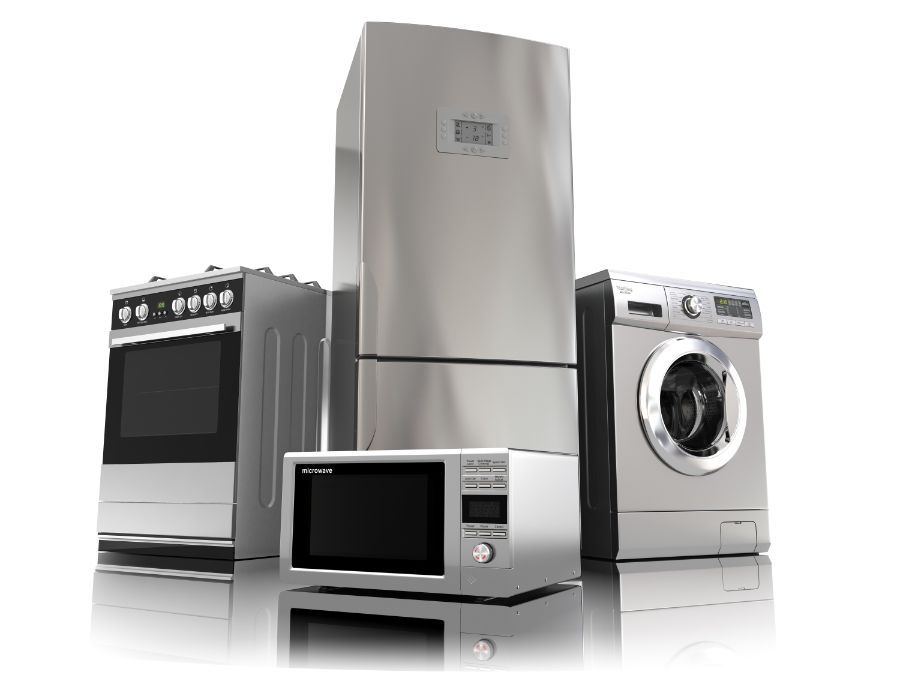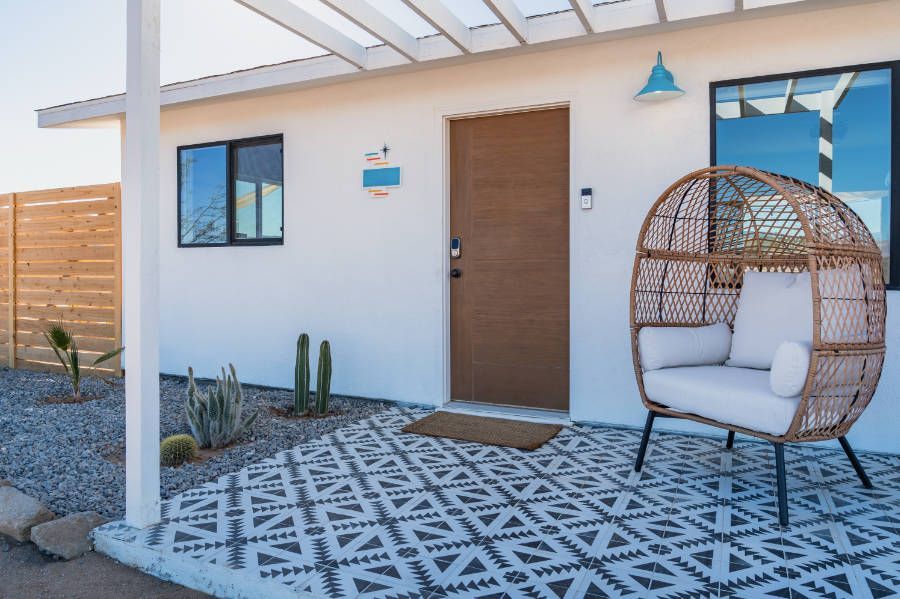When Should You Upgrade Your Rental's Appliances?

A great way to ensure steady income from a rental is to keep your tenants happy and minimize your vacancy rates. In real estate, it's understood that most landlords prefer having happy long-term tenants to preparing a rental and finding new tenants often. For this reason, many landlords who can will go above and beyond to secure these ideal tenants.
A simple yet effective way to do this is with appliances. While there is an initial cost to them, if it results in tenants consistently renewing their lease agreements, it’s a small investment that is well worth it.
For how long should you keep appliances before upgrading them?
Join us to discuss the best time to upgrade your tenant’s appliances and how often you should replace them.
Nuances in the Rental Market
The topic of replacing your rental appliances has a variety of solutions. Many factors can impact this decision. For example, in
luxury rental properties, while only required to upgrade sometimes, it might be beneficial to have the latest products available to your tenants to have the newest technology. For these situations, consider upgrading whenever there is a noticeable improvement in the model or every few years, depending on what comes first.
Compared to a traditional single-family home, the appliances may have more time before upgrading. Regularly monitor their condition and make replacement decisions based on various factors. This includes the age, quality, and how the tenant uses them.
Inspect and Maintain
While it may be expected to keep the appliances up to date and as modern as possible in luxury rentals, it is best practice to inspect the appliances regularly for other rentals. However, in most cases, your tenant will communicate with you about a problem with the appliances. This is why having an amicable relationship with your tenants is good. If they notice any issues with the rental, you want them to your attention. This way, you can resolve issues before they become a significant problem.
For most appliances, the average lifespan is 10 to 15 years, and even with the best use and maintenance, they are unlikely to work adequately. Once this is the case, it's time to consider replacing the unit as a whole. While some appliances, like dishwashers or refrigerators, may be worth fixing within the appliance's lifespan, other appliances, such as microwaves or toasters, may be less cost-effective.
Quality Appliances
If longevity is your goal, purchasing high-quality appliances is the best place to start. Sometimes, it's more financially appropriate to replace an older appliance rather than spending money on frequent repairs. That being said, if an appliance requires frequent repairs, replacing it might be more cost-effective.
Appliances you purchase for your rental can be something other than the most expensive. However, it's good practice to research the product. Ideally, they should be built with quality materials and designed to be easily serviceable.
Higher-quality appliances also tend to last longer than lower-quality ones. Investing in durable, energy-efficient appliances for your rental property may be more cost-effective in the long run.
For landlords looking for long-term tenants, every little bit counts. By providing your tenants with up-to-date and efficient appliances, you can make it easier for tenants to stay put. If you are dealing with multiple vacancies and are looking to what kind of appliances you should provide your tenant, we invite you to call us today at (562) 888-0247 or fill out our
Owner Application online.





